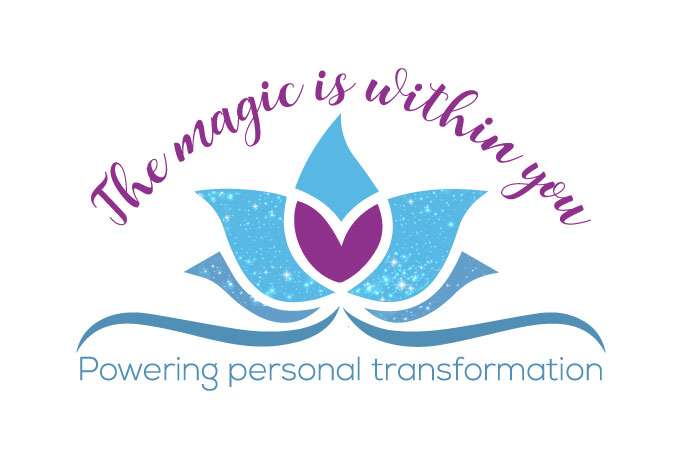Gary Rutherford is our guest writer for the fourth blog in our special series celebrating the work of international childhood trauma and addiction expert Gabor Mate.
He was one of 60 participants attending the In the Realm of Hungry Ghosts event in conversation with trauma therapist and floatation expert, Vivian McKinnon and one of five selected to ask a question.
Gary is the founder of ARC fitness; a Derry/Londonderry based non-profit addiction recovery service, giving individuals recovering from addiction, the opportunity to improve their mental and physical well-being through physical activity, professional support and re-connection with community.
This is what Gary had to say.
If you work in the field of addiction and trauma, a name that should be in the forefront of your mind is Dr Gabor Maté. If it isn’t – then it should be. I was inspired and encouraged by Gabor’s work after watching a brief video where he talks about his own addiction on YouTube.
One phrase stuck with me that reinforced my own beliefs and approach when working with individuals impacted by substance misuse: “It’s not why the addiction, rather why the pain?”
As someone who struggled with addiction for 15-years and currently in my 11th year of recovery from drug and alcohol addiction, for the first time, I felt heard. Like this guy really knows. It was so refreshing.
I drank and used drugs even from a young age and my immediate relationship with it was destructive. I used substances to feel confident, accepted, calm and ‘cool’ because these reasons seemed so important at that time.
I jumped straight into my drug and alcohol use with both feet using substances to feel different. I was a nervous kid, overweight, bullied in school. All this affected my attitude as I grew. I carried so many insecurities from adolescence into my adult life.
When I finally got sober, being introduced to exercise and physical activity played a massive part in my recovery. I became increasingly confident, more resilient, felt healthier and my self-esteem and self-worth improved.
I found that when you willingly and regularly enter into something difficult, resilience develops and this then transfers into other areas of your life.
I got pretty excited when I heard about Vivian’s event to have an up close and personal conversation with Gabor himself and find out more about his book In the Realm of Hungry Ghosts. But how do you choose one question, just one, to ask him? I had so many.
With great thought, lots of consideration and with much excitement, my question was this; “In your experience, do you think there has been a shift in societal and cultural perceptions relating to the negative impact of stigma and shame on those individuals struggling with addiction and their families in seeking help and support?”
Of all the questions, why this one? I chose this because stigma, discrimination, blame and shame compound the negative associations surrounding addiction and are often barriers to recovery. I knew this all too well in my own story. I also know that recovery doesn’t just benefit individuals, it also benefits families and the whole community.
It is well known there is a negative stigma and perception surrounding substance misuse and like addiction, it leads to disconnection. A disconnect that damages relationships and prevents people seeking help.
The associated issues around shame and stigma, is something ARC Fitness (www.arcfitness.co.uk) works hard to address, by encouraging conversations and by asking people to become compassionately curious.
I spoke with Gabor on the eve of my 5th marathon that week as part of our ‘No Shame’ campaign. I was nervous, tired but definitely not disappointed. We run these marathons wearing a 22lb weighted vest to symbolise the heavy burden of shame that often acts as a barrier to recovery.
As anticipated, Dr Maté brought a sense of peace to the evening, a compassion, understanding and tangible humanism. I felt privileged to be part of the event and had renewed hope for change. The world needs more Gabor Mate’s.
Gabor: Addicts are ashamed. I was ashamed of my own addictive behaviour. I was never a substance addict, but I was certainly an addict. My behavioural addictions; I lied, I cheated, I manipulated my family, I ignored my kids, lied to my wife.
There is lots to be ashamed about but you know what, the reality is that people are addicted. It’s not that people are ashamed that they are addicted because they are ashamed of themselves, before they got addicted so the shame actually precedes the addiction. Rather the addiction rises out of trauma which is either overt trauma or the trauma of not being seen or understood or accepted.
And when you are either hurt or not accepted for who you are and think there is something wrong with you, the child develops shame about themselves long before they did anything wrong. So, it’s good to have healthy remorse. I should have remorse for having lied to my wife. If I showed up on this webinar inebriated or not at all, I should have remorse.
Shame is something else. It is an assault on yourself. Nobody should be ashamed of themselves. There has been a shift in attitudes towards stigma. The response to my work in this regard has been overwhelming and it is increasing and increasing.
There is a growing conversation around trauma. It’s getting much more mainstream but it’s not fast enough, not broad enough. It hasn’t entered into the medical schools enough, educational systems, let alone the legal systems.
The conversation is broadening and deepening thank God but it has a long way to go yet. That makes me, all the more happy about this event and the work you are doing and the work other people are doing.

